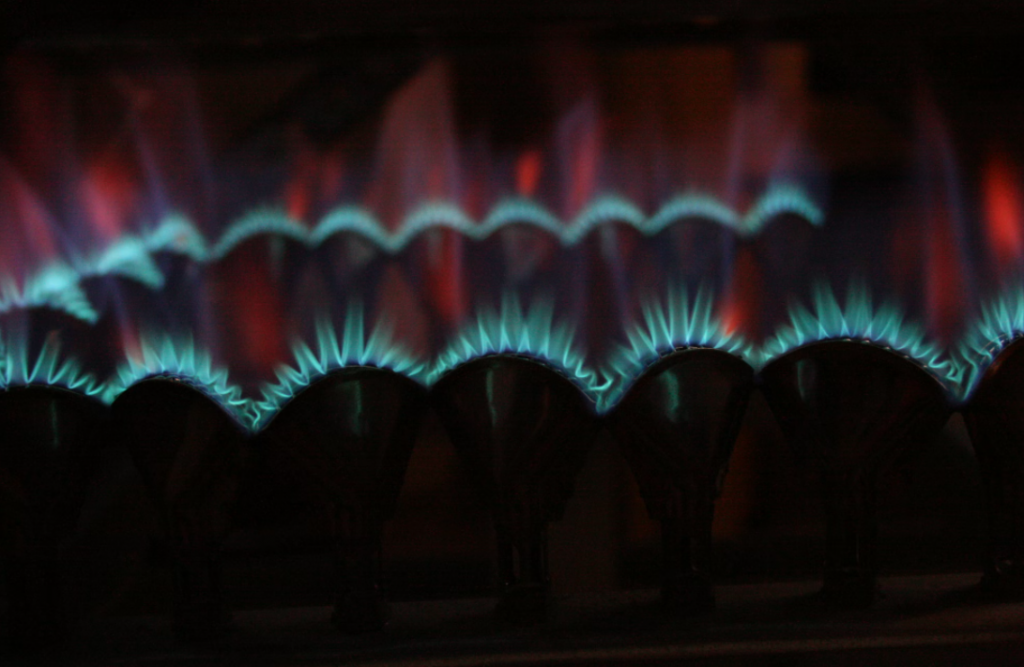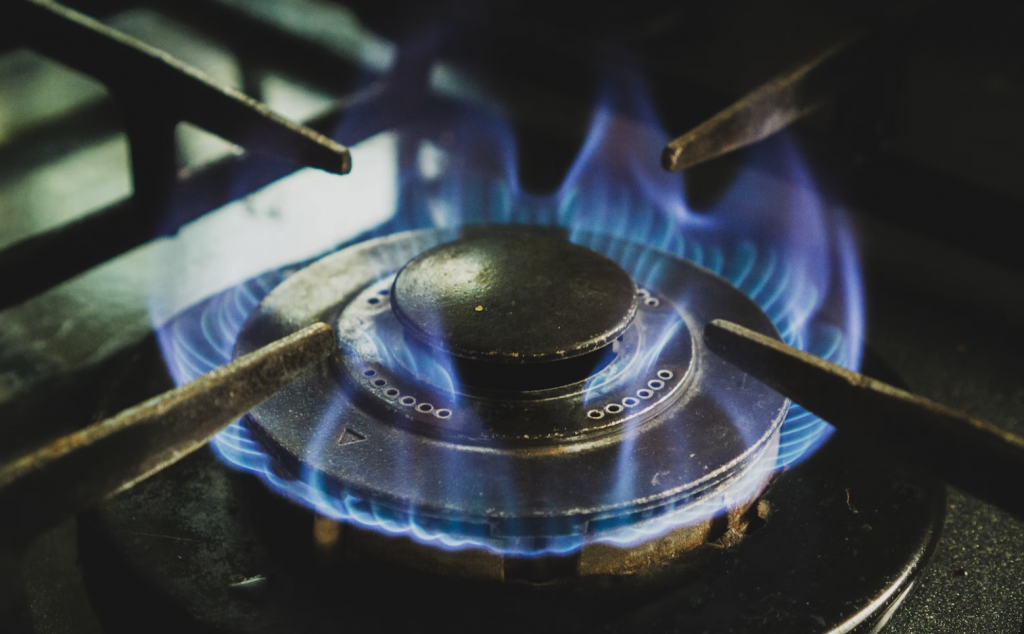- Electric heating uses electricity to power the system, offering easy installation and low maintenance, but it may be slower to heat up and potentially more expensive.
- Gas heating relies on a gas-fuelled boiler to heat water, providing faster heating, quicker replacement, and typically lower costs, but it requires annual maintenance and contributes to fossil fuel emissions.
Are you wondering whether to opt for electric or gas heating? Are you baffled by what the difference actually is?
Don’t worry, because we’ve got you covered.
In this article, we’ll be exploring the key differences between the two options, including their pros and cons. This way, you can make a decision that’s right for you.

What is electric heating?
Simply put, electric heating refers to a central heating system that uses electricity to power it.
They work by transforming electrical energy into heat energy and usually consist of an electric boiler and radiators.
Benefits of electric heating
- Easy installation: Running off your home electricity supply means that electric heating systems are straightforward to install, meaning that it’s usually plain sailing to get everything set up.
- Low maintenance: Unlike gas systems, an electric system does not require mandatory annual servicing in order to keep it performing well. It’s worth remembering that regular servicing is still recommended, though.
- No output of carbon dioxide: Electric heating does not produce carbon dioxide, making it a somewhat cleaner energy source.
Cons of electric heating
- A bit slower: While a gas boiler is usually always fired and ready to go, electric heating systems may take a little longer to reach the same temperature.
- Could be more expensive: It all depends on the company you choose and how much you use your heating, but generally, electricity costs a little more than gas.

What is gas heating?
A gas heating system will use a gas-fuelled boiler in order to heat up water. This hot water is then piped to radiators in order to generate heat throughout the home. As such, gas heating systems are also known as wet systems.
Benefits of gas heating
- Faster to heat up: As a general rule, gas heating systems do tend to be more reactive when heating your home, leading to your enjoying a toastier house in a shorter timeframe.
- Quicker replacement: If you’re replacing an old gas boiler with a modern version, it will be much easier to replace, thanks to the existing components being there to make use of.
- Cheaper: Depending on the company you opt for, gas heating is generally cheaper than electric.
Cons of gas heating
- Annual maintenance: To ensure your system is running safely and efficiently, gas heating requires annual maintenance, which you will need to keep on top of.
- Longer installation: The installation of a gas heating system may not be as straightforward as an electric system – however, with the help of a professional installer, you can rest assured that the work will be completed to high standards.
- Burns fossil fuels: An unfortunate aspect of gas heating is the need to burn fossil fuels in order to generate heat, which will contribute to global climate change and poorer air quality.
Got issues with your central heating? Here at Around the Bend Plumbing, we provide expert services to diagnose, maintain and repair your electric or gas heating system. We work around the clock in, Tunbridge Wells, Uckfield, Worthing, Brighton, Hove, Eastbourne and beyond, so just get in touch to find out more. Around the Bend Plumbing also offer a comprehensive range of plumbing services including, kitchen plumbing, bathroom plumbing, toilet & sink unblocking, radiator plumbing, plumbing repairs, fixing burst pipes and leaks & central heating services.
